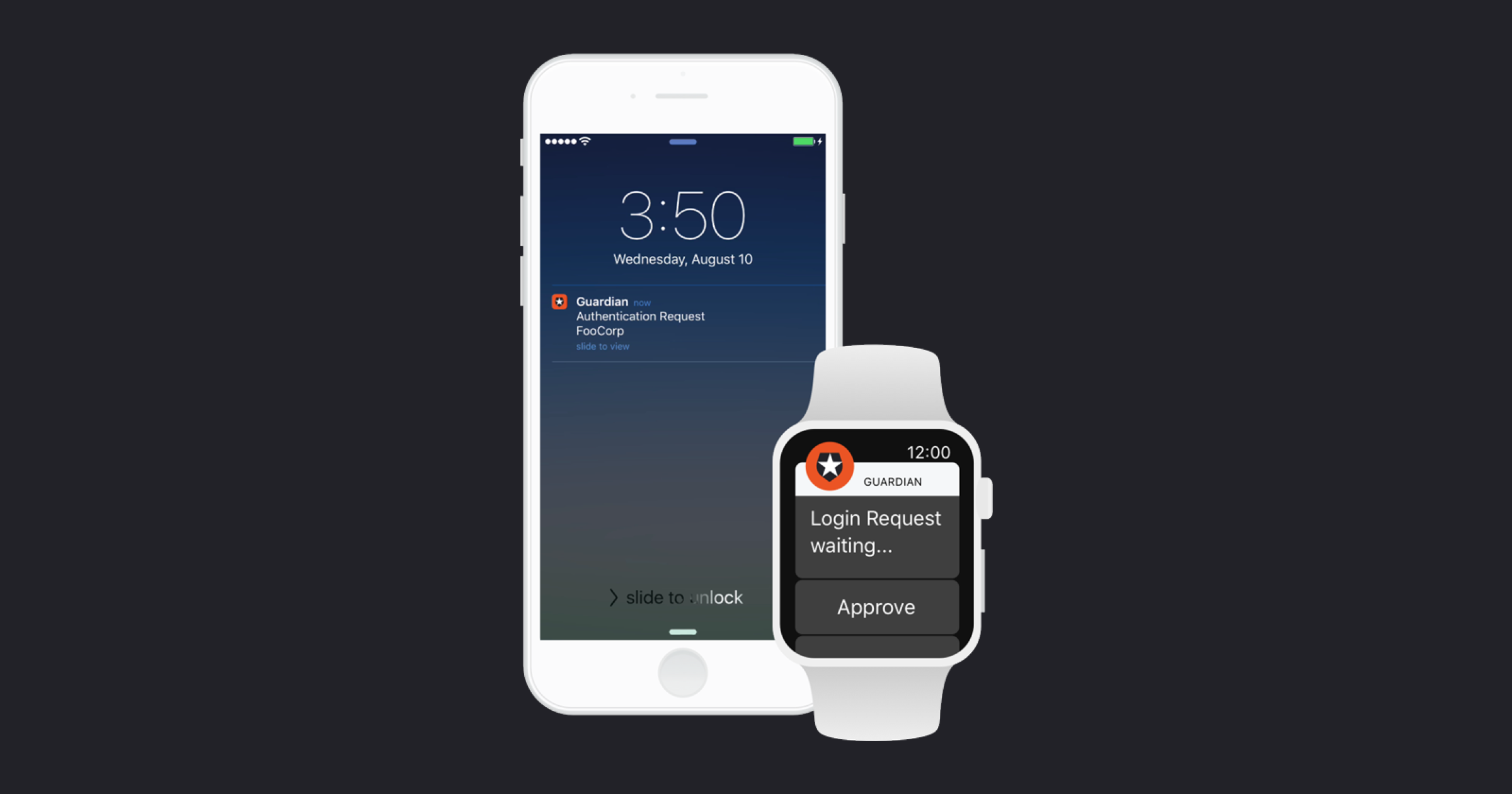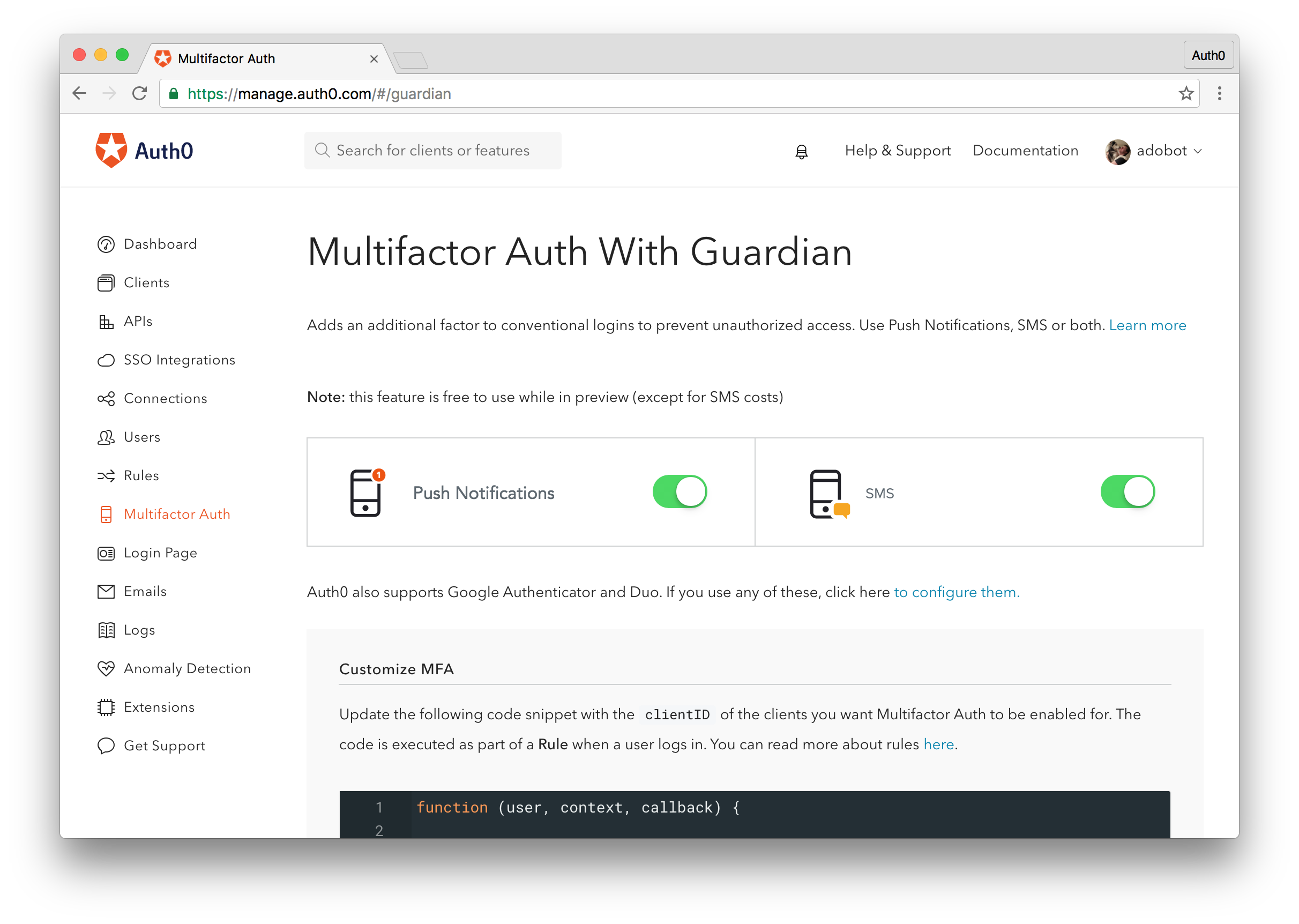A recent study by Dashlane unveiled that 89% of travel sites have unsafe password practices. This includes airlines (e.g., United) as well as booking sites like Trivago and TripAdvisor. Users who recycle passwords among multiple accounts when booking a flight, hotel room or other service on one of these sites are highly vulnerable.
"Dashlane unveils that 89% of travel sites have unsafe password practices."
Tweet This
Even if you do take precautions to create passwords you think are long and complicated, many travel companies aren't holding up their end of the bargain (and your data could still be acquired by the wrong hands). How do you know which sites to trust? Which ones should you avoid?
On the flip side, if you're a travel company re-thinking your strategy, we offer concrete approaches to improve your security measures.
The Best and Worst Performers
Dashlane used five cybersecurity criteria to determine the safest and riskiest travel sites to book with:
- Does the site prompt users to enter passwords with more than eight characters?
- Does it suggest including both letters and numbers?
- Does the site evaluate and send back to the customer the strength of the password they're using?
- Does the company offer and facilitate a two-factor authentication step?
- Does the customer receive a confirmation of sign-up and/or activation email for a new account?
Since 2009, Dashlane has compiled data from more than five million users. Today it publishes those insights in several forms, including publicly on its blog, to help protect not only its own customers but everyone trying to figure out strategies to stay safe in an era of increased cyberthreats and non-transparent data practices.
And now - the results:
We'll start with the bad news. The worst performers from the 2018 study were (in order):
- Norwegian Cruise Line
- Trivago
- TripAdvisor
- Air Canada
- Allegiant Air
Additional companies in the lowest quartile of a sample of 55 travel companies were: Carnival Cruise Line, InterContinental Hotels Group, Choice Hotels, Cruise Critic, Agoda, Skiplagged, Hostelz, and Hotwire.
The best (most secure) travel companies of the year for customers were:
- AirBnb
- United Airlines
- Hawaiian Airlines
- Hilton Hotels
- Royal Caribbean International
Other top quartile companies were Marriott, Best Western, Booking.com, Budget, Spirit Airlines, Southwest Airlines, Delta Air Lines, Enterprise, and Travelzoo. Only Airbnb received the top score of 5 (a point for fulfilling each criterion), with the next five receiving a score of 4, and the remaining top 25% of companies with scores of 3.
In contrast, all of the worst performers had a score of 0 or 1. In sum, the worst performers were far less secure than the best companies were secure. Much can be done to improve. Full data is here.
"If you're a travel company or booking site, you can increase your score for next year's rankings using Auth0."
Tweet This
Increase Your Score
If you're a travel company or booking site, you can increase your score for next year's rankings by focusing on two areas:
- Password Strength
- Two-Factor Authentication (2FA) Implementation.
While there are additional strategies for tightening your security like hiring a managed services provider, these are steps you can take on your own or via an outsourced provider that specializes in these tasks, with no need to make a system overhaul.
Tips for increasing password strength
Passwords are inherently risky, and most cybersecurity experts recommend using a password manager like Dashlane, Valt, or 1Password. While there are other suggested strategies, such as incorporating multifactor authentication, the following are a few important points you can communicate to your users if they do still rely on passwords.
- Length v. complexity.
- Don't "bunch up" special characters. (Source)
- Stay away from trendy words/phrases (see Worst Passwords of 2017).
- Use passwords as part of an overall plan-of-attack, including a password manager + 2FA.
- Finally, consider steering clear of passwords that have already been unveiled in a breach. (This data is publicly available here.)
Implementing 2FA
2FA is your best friend for securing consumer data. In the increasingly likely event that a hacker gets your customer passwords correct, they still won't be able to access your system and obtain critical information like financials and even travel itineraries.
What is 2FA? The concept adds an additional step to the authentication process, requiring a one-time token that only the user has access to or a biometric, like a fingerprint, that is unique to the user.
To implement 2FA in your apps, you can rely on popular choices like the Auth0 Guardian app, Google Authenticator, or Duo Security. By default, 2FA is requested once per month; however, with most tools you can define your own rules to trigger 2FA (e.g., weekly).
To enable 2FA with Auth0's Guardian app, simply navigate to the Multifactor Auth section in the Auth0 management dashboard.
From there, you can choose how users will receive their 2FA codes (e.g., push notifications, SMS, or both). Once you configure which of your Auth0 applications will use 2FA, users will immediately be prompted to set up 2FA before gaining access.
An additional word of advice: in a time of murky data transparency tactics (e.g., Facebook and Cambridge Analytica), you might consider customizing your 2FA notification prompt with a sentence describing the importance of 2FA and/or a link for more information to clearly spell out the effort your team is taking to protect its users.
Don't Wait. Act Now.
With less than a year to go until the next rankings appear, make sure your team has moved up the list! If you're in the top quartile, aim for at least a 4 in the major categories of password length, diversity, strength evaluation, 2FA, and customer notifications. Steer clear of previously breached passwords, and communicate your new strategy to your users for better transparency. Supporting your users in avoiding a breach can save you millions and help you build a stronger reputation in the years to come.
About Auth0
Auth0 by Okta takes a modern approach to customer identity and enables organizations to provide secure access to any application, for any user. Auth0 is a highly customizable platform that is as simple as development teams want, and as flexible as they need. Safeguarding billions of login transactions each month, Auth0 delivers convenience, privacy, and security so customers can focus on innovation. For more information, visit https://auth0.com.








